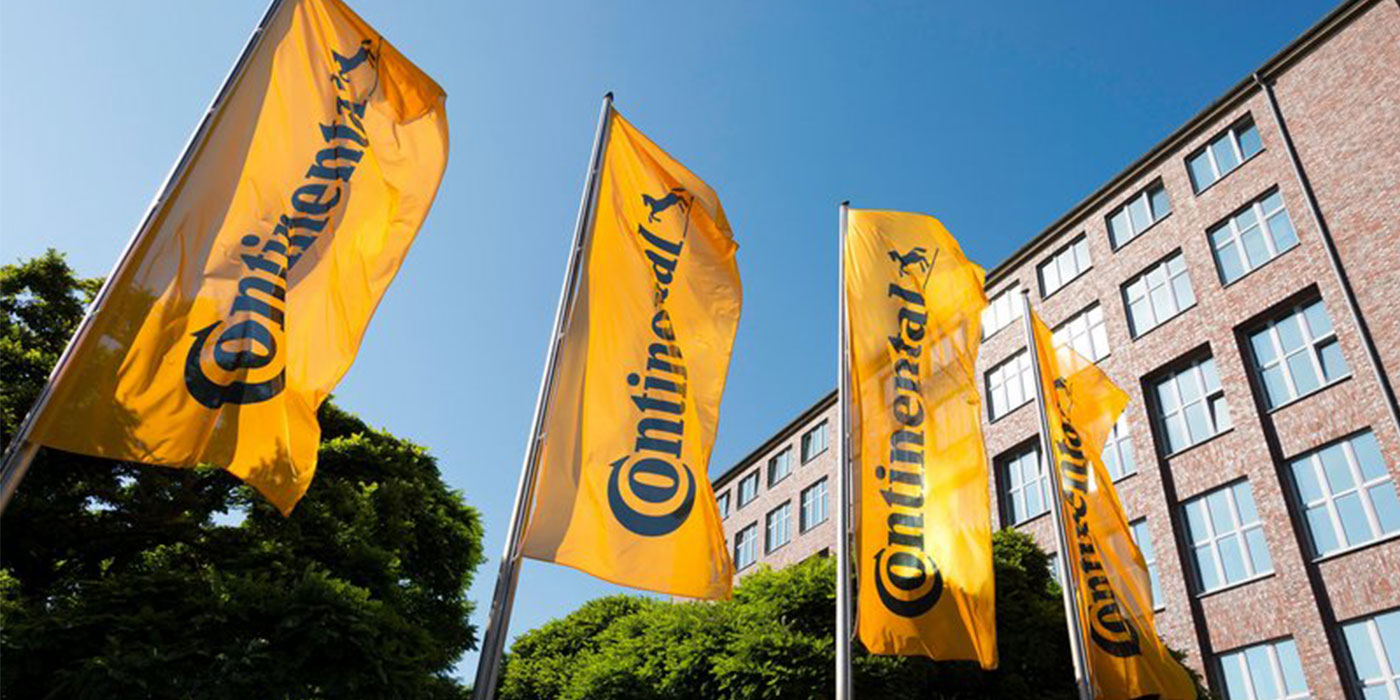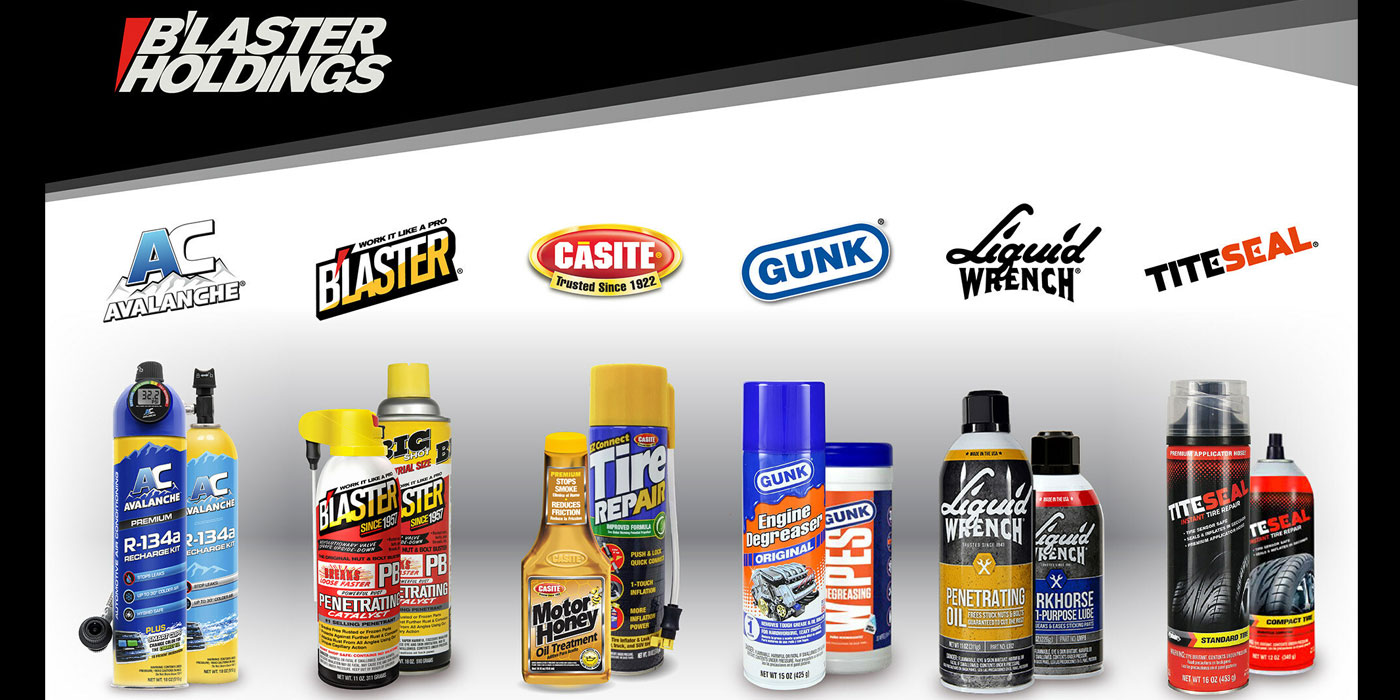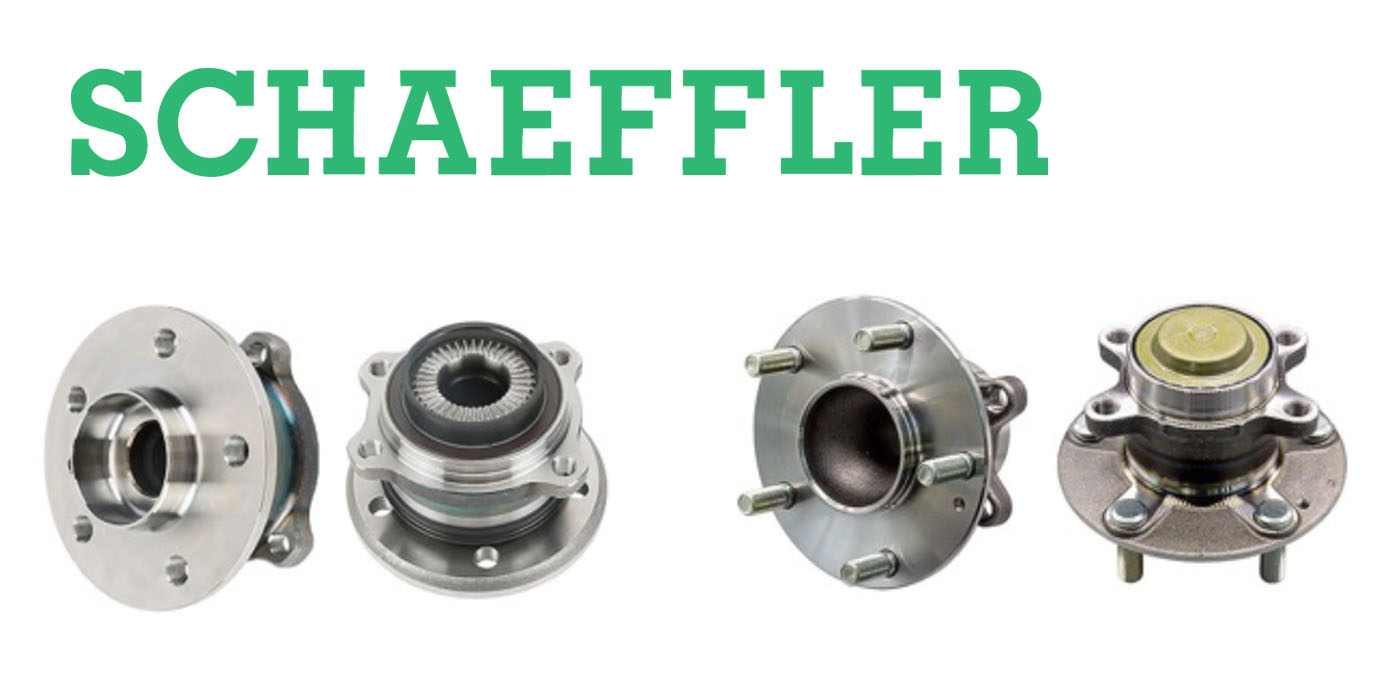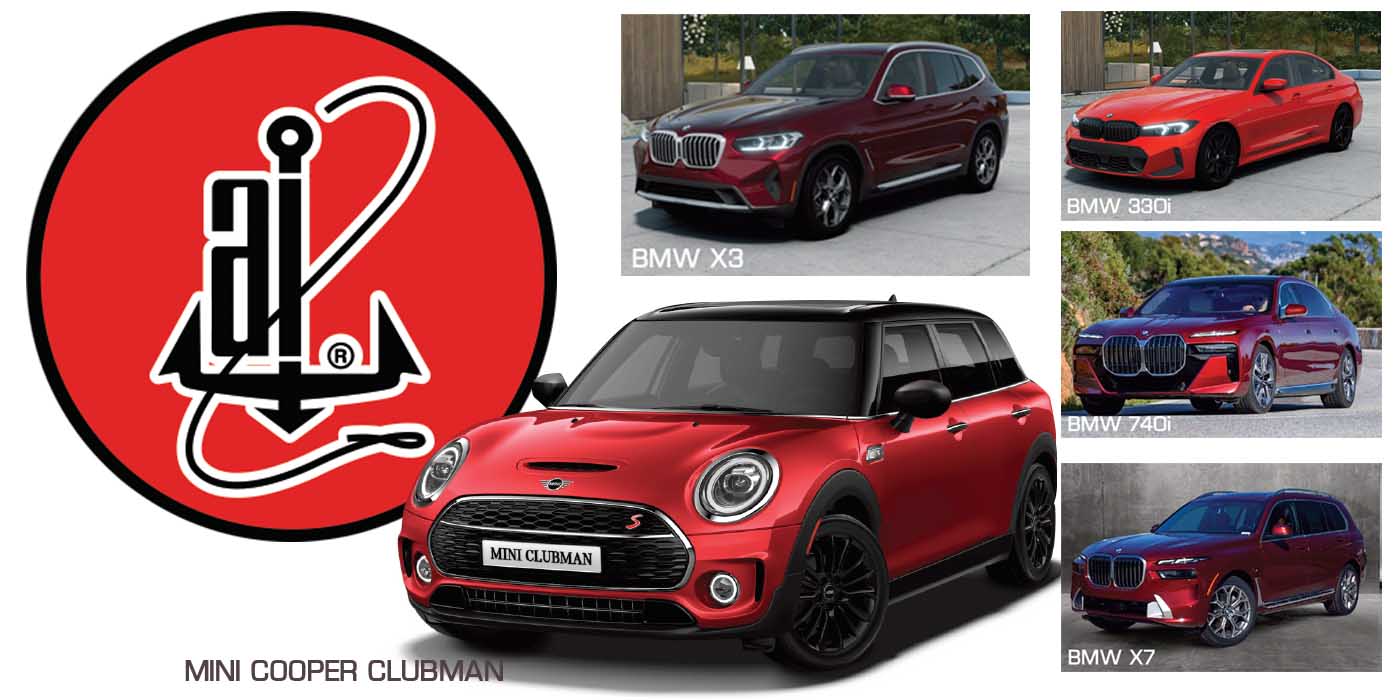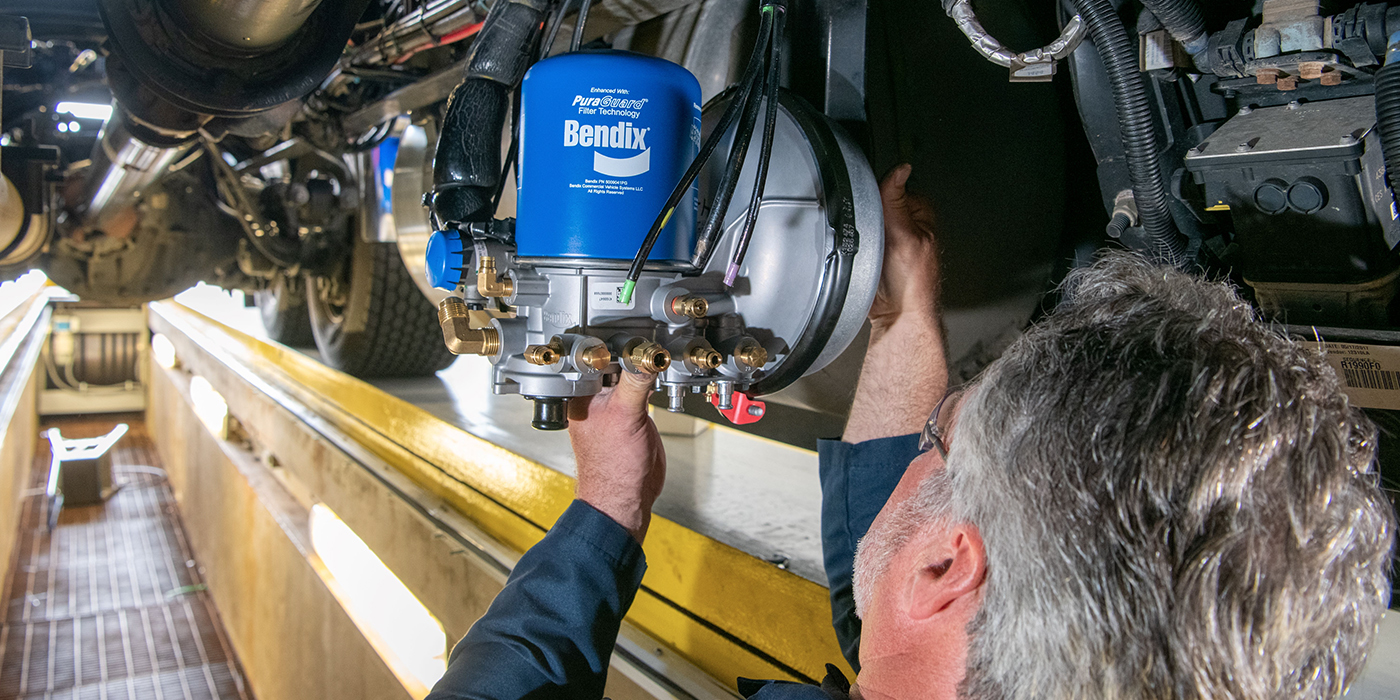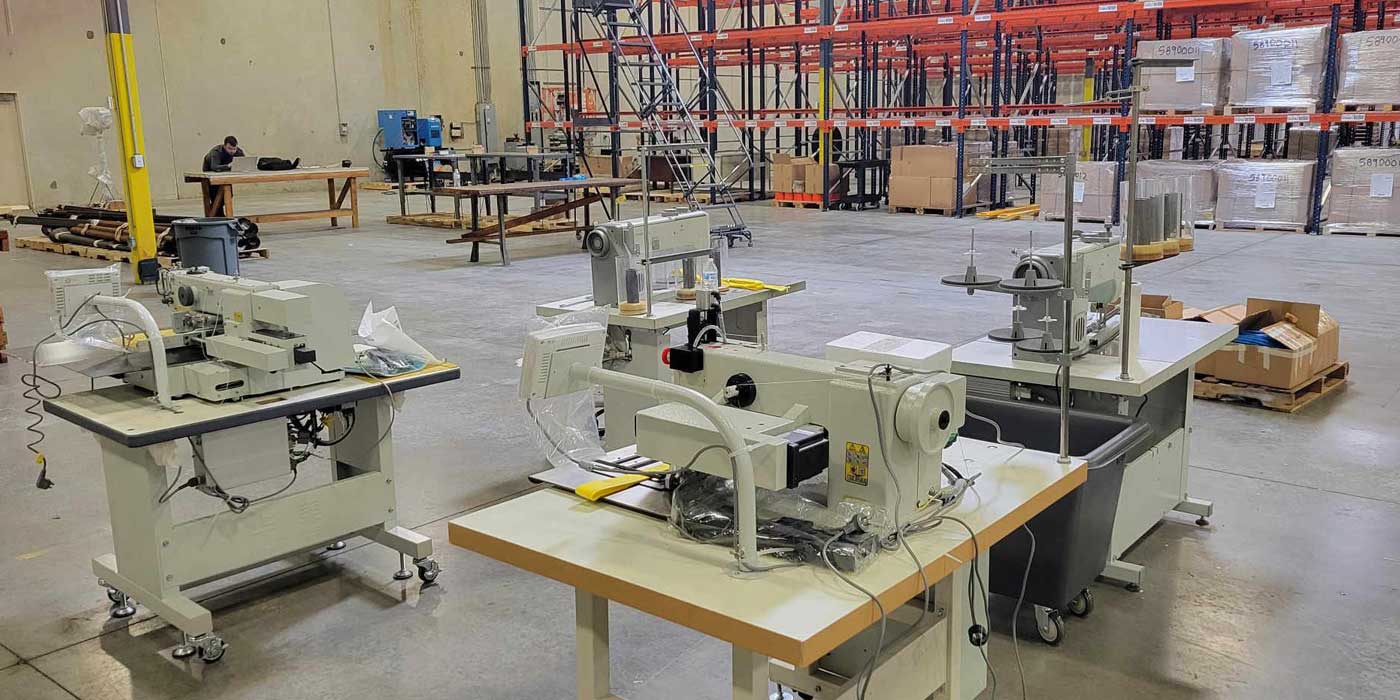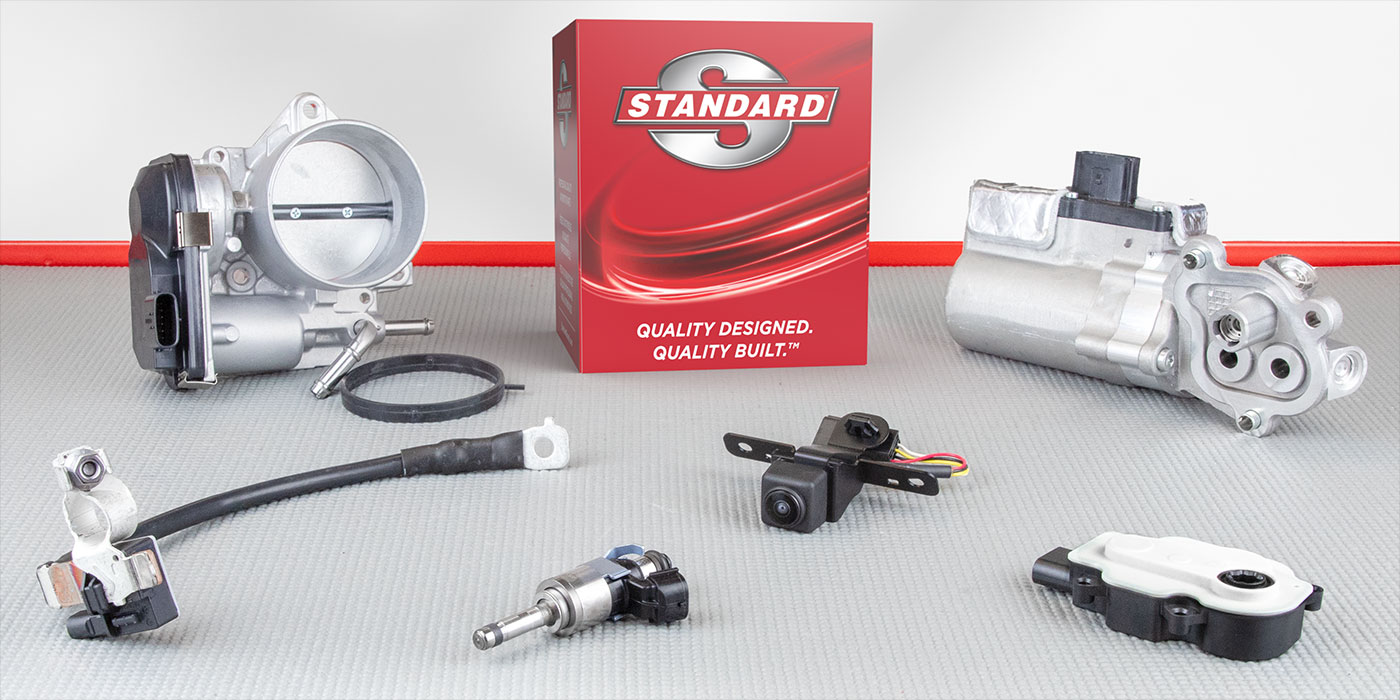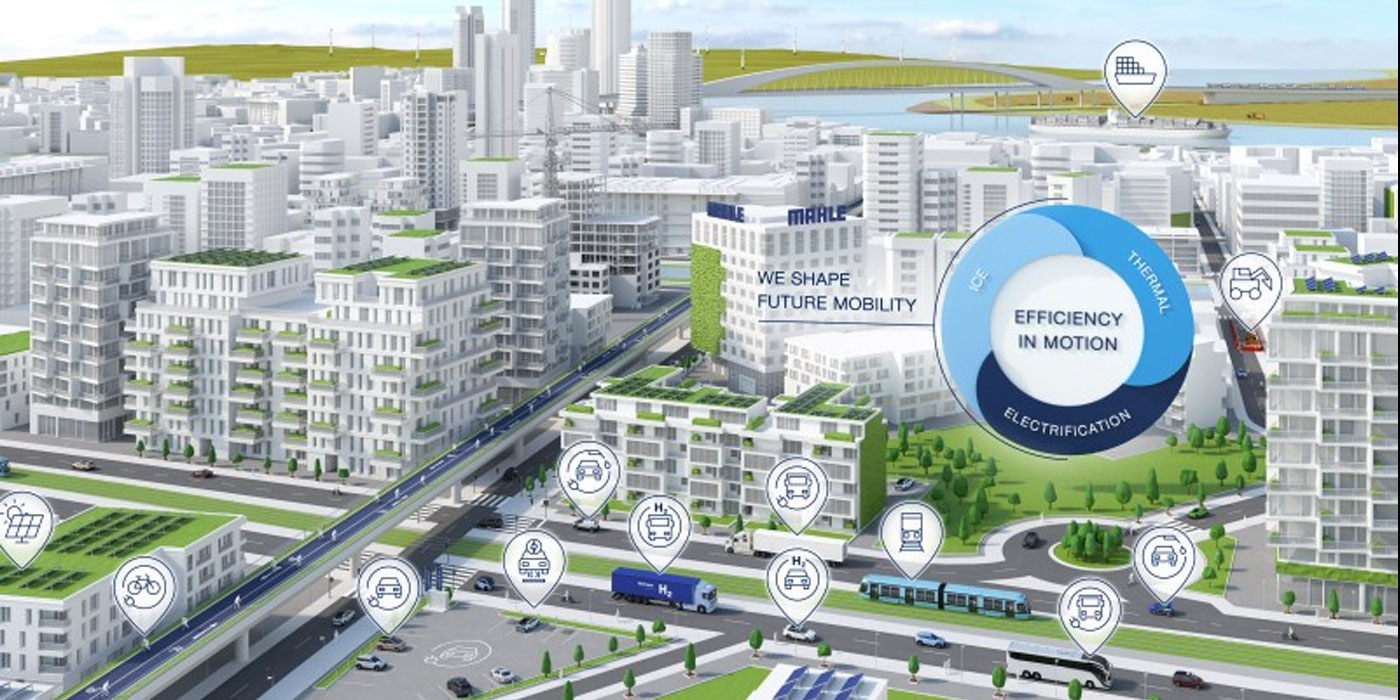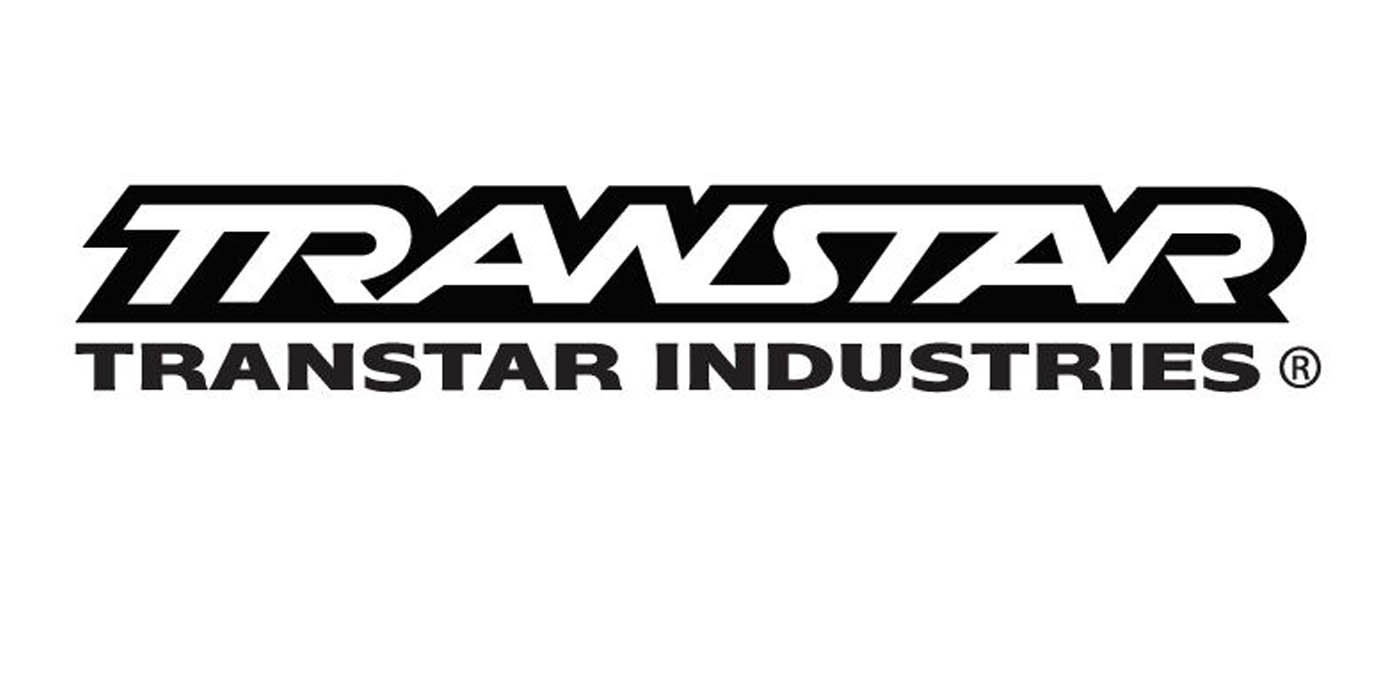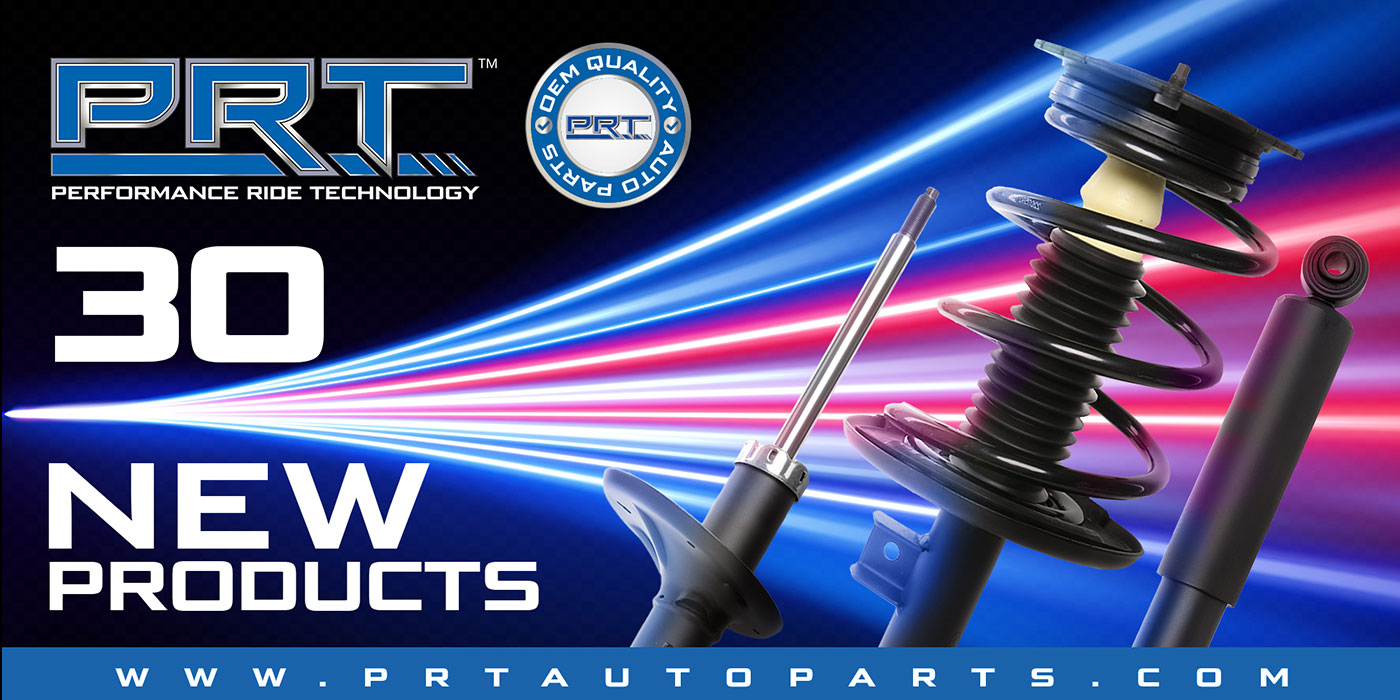AACHEN, Germany – Delphi Automotive has unveiled new developments in fuel injection and engine control systems that the company says can reduce carbon dioxide and nitrogen oxide emissions, helping automakers meet demanding new regulations.
Delphi last week presented these new technologies during the Aachen Colloquium held Oct. 4-6, where the company also showed how developing cost-effective system architecture translates into cutting-edge products for all powertrain alternatives, whether gasoline, diesel or hybrid.
Some of the new developments are already being used in state-of-the-art powertrains, such as in the 2010 World Car of the Year, the Volkswagen Polo BlueMotion, Delphi said.
“The future of powertrain technology remains the subject of lively debate,” said Mary Gustanski, director of engineering, customer satisfaction, program management and operations for Delphi Powertrain Systems. “We can see some convergence in diesel and gasoline strategies as both now use direct injection, turbocharging, downsizing and even three-cylinder engines. Heavily boosted, downsized engines provide high power density with low CO2 emissions, but the higher combustion temperatures and pressures involved make the reduction of NOx emissions more challenging. Delphi’s mission is to deliver undiminished vehicle performance while satisfying fuel economy needs and emissions regulations.”
Delphi diesel technology helps achieve ultra-low CO2 emissions
Delphi’s Multec common rail system, which the company says is a robust, cost-effective modular diesel fuel injection system, helps the Volkswagen Polo BlueMotion achieve emissions of 87g/km CO2. The world’s most economical five-seater car, the 1.2-litre three-cylinder diesel Polo is capable of fuel economy of 3,3l/100km (71mpg). Delphi says helped VW achieve this exceptional performance by applying the latest evolution of its common rail system, which includes the state-of-the-art solenoid type diesel common rail injector technology DFI1.5 and the next generation DFP6 fuel pump.
The technology uses balanced-valve fast servo-solenoid injectors that offer equivalent
performance to servo-piezo systems but at a greatly reduced cost. The combination of DFI1.5 injectors and the DFP6 common rail pump provides improved fuel delivery control, extended multiple injection capability, enhanced spray atomization and superior air mixing. Up to six injections per cycle are possible, providing a smoother combustion event with exceptional refinement.
Vehicle stop-start functionality is supported by the DFI1.5’s ability to restart injection from rail pressures below 100bar, generating faster restart without the need to hold high rail pressure when at a standstill. Development is underway to make 80bar minimum pressure operation possible.
“The Multec system, with its unique, battery voltage driven, fast servo-solenoid injectors, enables a low-cost, structured approach at system level to support EU6 and beyond,” explained Dr. Hans-Josef Schiffgens, technical director of Delphi Diesel Systems. “The DFP6 pump sets new standards for mechanical and volumetric efficiency while eliminating any chance of high pressure leakage, offering development extension to robust operation above 2,000 bar.”
Delphi’s Multec common rail latest evolutions’ improve robustness to world market fuel quality and compatibility to alternative fuels.
In addition to the Multec diesel common rail, Delphi offers a direct acting piezoelectric
injector common rail system for larger and higher performance engines.
The award-winning injector, whereby the piezo actuator directly drives the needle position, delivers unprecedented control of the rate and shape of injection events, independent of rail pressure, according to Delphi. This allows substantially reduced smoke emissions and therefore the use of increased EGR for affordable NOx reduction, while the elimination of fuel backflow allows significant system simplification and reduction in CO2.
Delphi GDI systems reduce gasoline engine CO2 emissions by up to 22 percent
In a technical paper titled “Three-Cylinder Turbocharged Gasoline Direct Injection: A High Value Solution for Low CO2 and NOx Emissions,” Delphi recently illustrated the CO2 reductions possible with directly injected gasoline engines, using a three-cylinder turbocharged unit. Compared to the baseline four-cylinder port-injected engine, the analysis showed that homogeneous direct injection (DI) operation reduced CO2 output by 15 to 18 percent while stratified operation achieved up to 22 percent savings.
GDI improves downsized turbocharged engines because it cools the charge, allowing
higher boost levels without reducing the compression ratio, essential for efficient part-load running.
Delphi offers a family of GDI injectors that support the evolution from homogeneous to spraystratified operation without requiring modification of the engine controller architecture. They use the same approach as Delphi’s diesel common rail technology by employing solenoid instead of servo piezo technology.
In addition to injectors, Delphi’s product portfolio also includes high-pressure fuel pumps, fuel rails, electronic control modules, multi-spark ignition systems and wide-range oxygen sensors.

